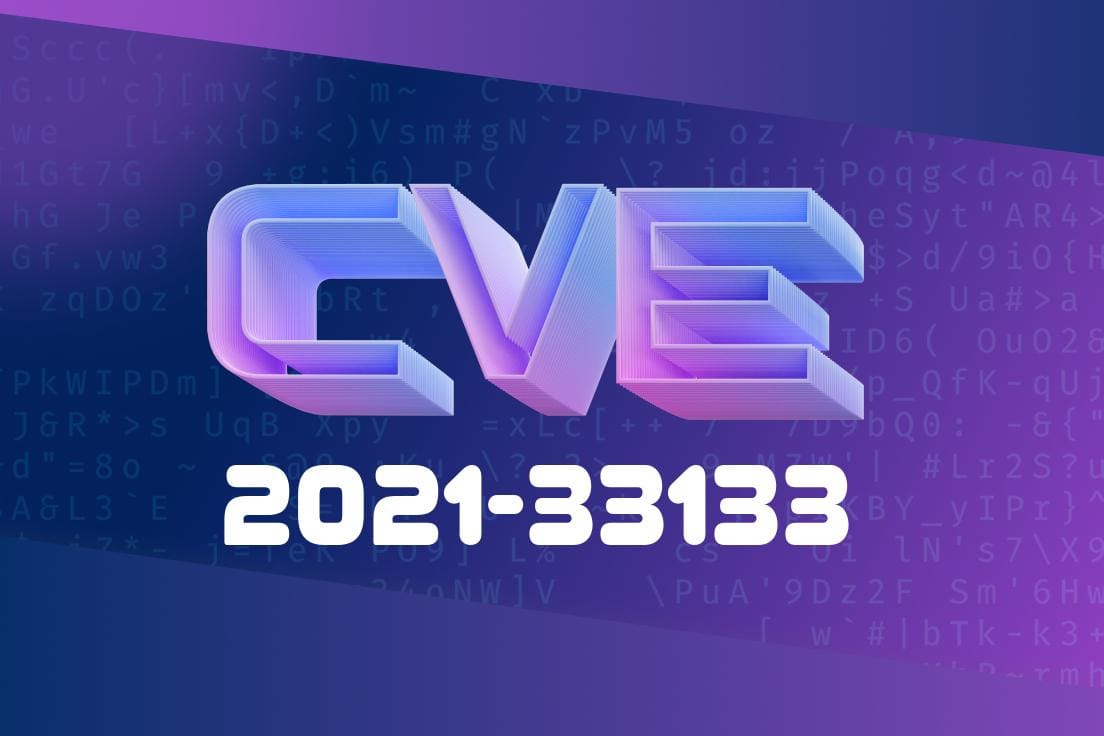---
If you’re tracking software security issues, you might have come across CVE-2021-33133 in databases like NVD or on GitHub advisories. You might be wondering: What is this vulnerability? Should I be worried? The short story is—it’s not a real risk. Let’s break down why CVE-2021-33133 was assigned, what it was *supposed* to be about, and why it was officially rejected.
What is CVE-2021-33133?
CVE-2021-33133 was assigned as part of the standard process for documenting possible software vulnerabilities. Sometimes, researchers flag issues that on further investigation turn out not to be actual vulnerabilities at all.
The Official Record
On both MITRE’s CVE site and the NVD listing, you’ll find:
> REJECTED
> Reason: This CVE ID has been rejected or withdrawn by its CVE Numbering Authority.
> Notes: This is unused.
That’s it. No technical details, no affected software, no severity score.
The Process
When someone suspects there’s a security problem—like a bug that could let attackers execute code, crash your program, or steal data—they (or their company) file a CVE request. Sometimes these get assigned before thorough investigation.
The code is unreachable or has no security impact.
This is called "unused" in the reason for the rejection.
What Was the Suspected Problem?
There’s no public record that spells out the initial flaw reported under CVE-2021-33133. In most cases like this, it’s often an issue found in:
For illustration, say an open-source project had the following code in a test file
def unused_vuln():
# Imagine someone thought this was a security hole—but it's never called!
import os
os.system('rm -rf /') # Dangerous if reachable!
If unused_vuln() is *never* called in real use, it’s not a practical risk. If someone mailed in a CVE request about it, they might later realize, “Oops, this is unused!” The CVE would be marked “rejected” and clarified as “unused.” This is exactly what happened with CVE-2021-33133.
You can track the history yourself on these official databases
- MITRE CVE
- NVD
As you’ll see, both clearly state the status and reason.
Exploit Details?
There are no exploit details because there’s nothing to exploit! With “unused” code or “no actual problem,” hackers and defenders alike don’t have to worry.
What Does This Mean for Users?
You are safe.
There is no patch needed, no malicious exploit to fear, and no actions you need to take for CVE-2021-33133.
The Importance of Rejections
You may wonder: Why go through all this?
Marking CVEs as *unused* or *rejected* is important transparency. It helps researchers, IT staff, and developers avoid wasting time chasing ghosts. It also protects the trustworthiness of the CVE process.
Conclusion
While some vulnerability numbers grab headlines, others—like CVE-2021-33133—exist only as a footnote. It’s an excellent reminder that not every technical “problem” turns into a real-world risk. Attention to process matters, and public databases help everyone stay on the same page.
TL;DR:
> CVE-2021-33133 was never an active threat. It was flagged and then marked “rejected” as “unused.” There’s nothing to worry about—just an example of the CVE process working as it should.
*Feel free to share this post with anyone confused about cryptic CVE entries like 2021-33133. If you want to learn more about how CVEs are processed, check out How CVEs are assigned.*
Timeline
Published on: 01/01/1976 00:00:00 UTC
Last modified on: 09/04/2025 00:40:34 UTC
